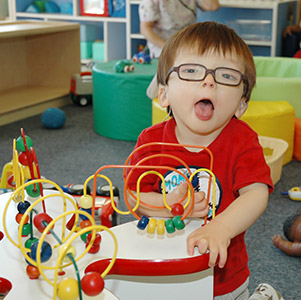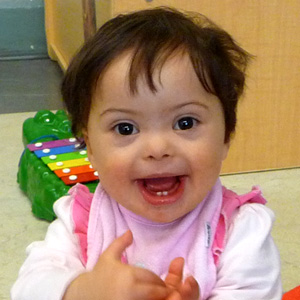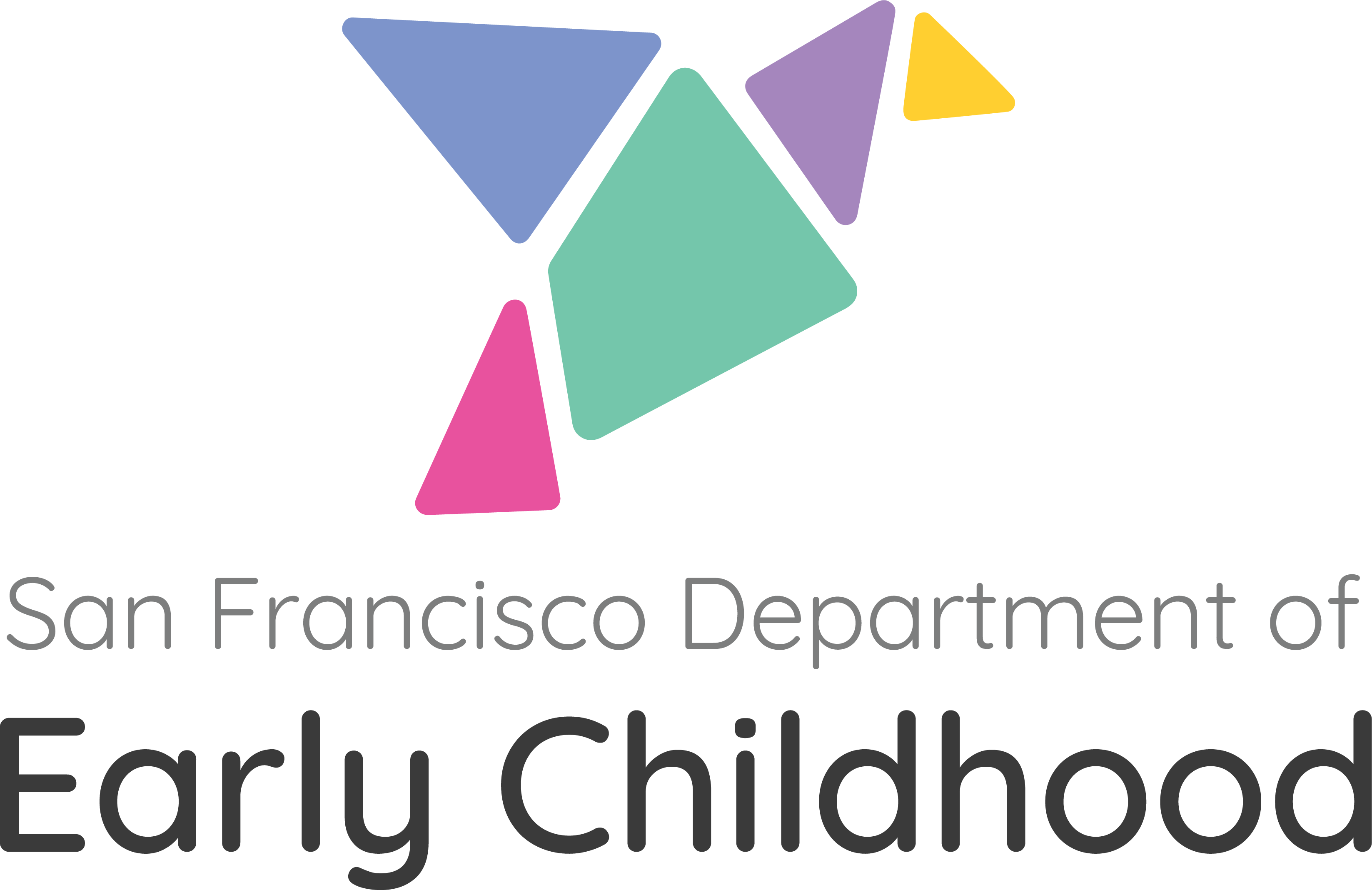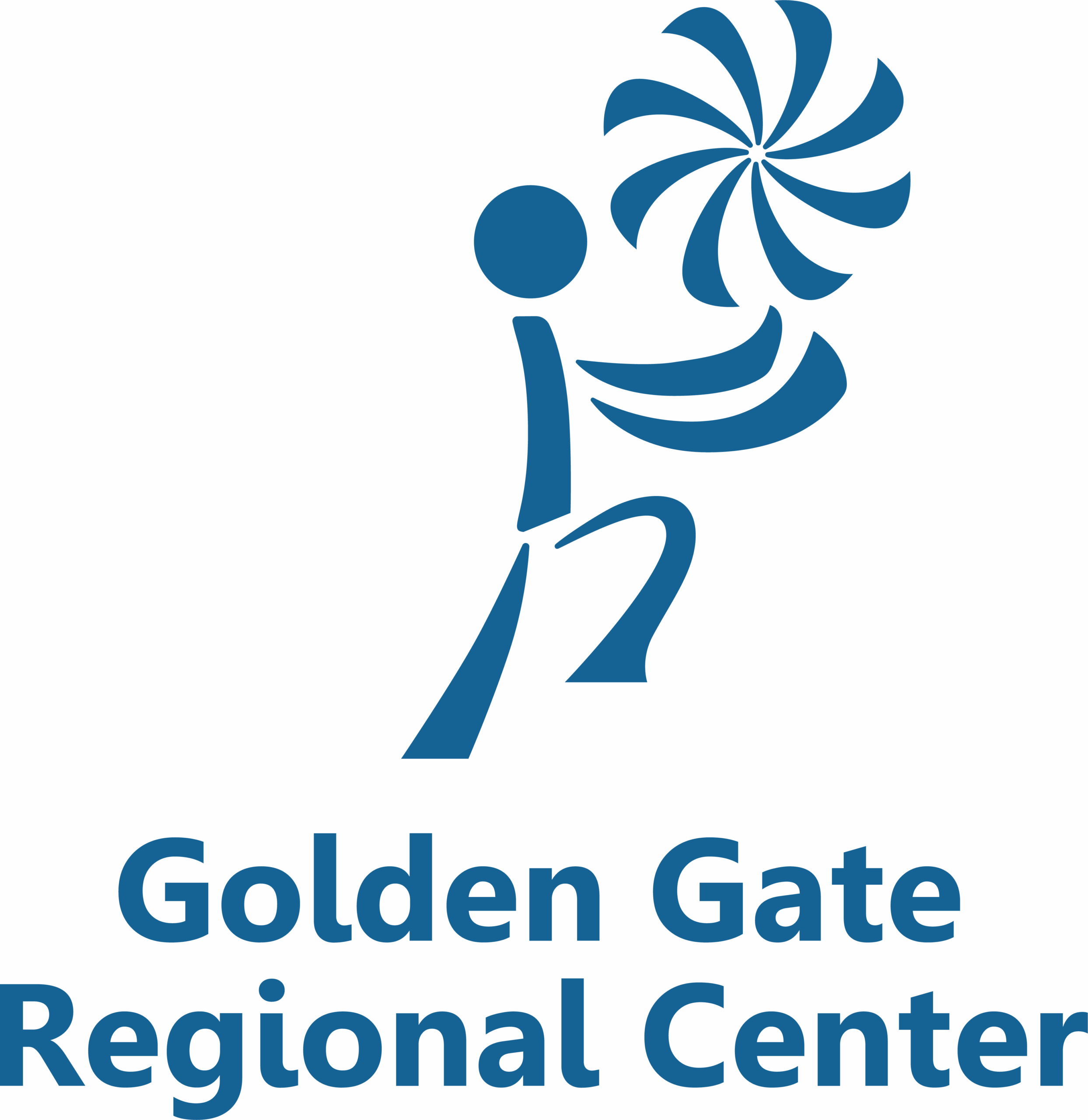

Inclusive early intervention programs for infants and toddlers with developmental delays.
Operating within Felton Institute’s Early Care & Education (ECE) programs, our Early Intervention & Inclusion (EII) programs have provided services to infants and toddlers from birth to age five with developmental needs since 1971. They remain the only programs of their kind in San Francisco.
Services address key developmental domains, including adaptive, personal-social, communication, motor, and cognitive growth. Children with and without special needs play and learn together in a supportive educational setting that encourages natural, inclusive development.
Families and teaching staff receive continuous guidance and training from the on-site multidisciplinary early intervention team located at Felton Institute’s Family Developmental Center (FDC).
Family-centered and community-based, the programs not only provide targeted interventions but also connects families to a wide range of resources. These include parent support groups, workshops, advocacy programs, referral services, Felton’s weekly Farmers Market, and the Child and Adult Care Food Program (CACFP).
Felton’s Early Intervention and Inclusion (EII) programming supports children with special needs, developmental delays, and children who need additional support and monitoring. Our EII programs serve children experiencing delays in speech and language, vision, motor skills, social-emotional skills, and cognition.
We welcome children ages 0–5 at our inclusive early childhood sites throughout San Francisco.
Children enrolled in the programs have:
- Access to a high-quality intervention programs for children with developmental delays in a center-based environment
- Targeted and individualized intervention delivered within an inclusive early care and education setting, alongside typically developing peers
- Access to home-based parent training
- Access to community-based resources and supports
- Access to an on-site, multidisciplinary early intervention team
- Access to Hanen®-certified interventionists and staff with formal early childhood education and training
Our services address key developmental domains, including adaptive, personal-social, communication, motor, and cognitive growth.
We offer the following comprehensive intervention and treatment services:
- 1:2 specialized instruction in large or small group settings
- 1:1 early intervention
- Supplemental home visits
- Speech and language therapy
- Pediatric dysphagia (feeding) therapy
- Pediatric nurse monitoring and care
- Infant mental health consultation
- Referrals to other community-based programs
Our Early Intervention Team includes:
- Early Childhood Educators
- Early Interventionists
- Early Childhood Special Educators
- Speech and Language Pathologists
- A Pediatric Registered Nurse
- A Mental Health Consultant
Families must apply through the Golden Gate Regional Center (GGRC), as children are referred for our services directly through their Early Start program. For more information, please call 1-888-339-3305 or email intake@ggrc.org.
Program Options
Inclusive Large Group
Children attend full-time for 7.5 hours each day, and are served within an inclusive early childhood classroom in a staff-to-child ratio of 1:2. Following a collaborative consultation model using various Hanen® strategies, Early Childhood Educators work directly with children in the classroom and collaborate regularly with our on-site multidisciplinary team.
Our center’s general curriculum follows children’s interests, and our Early Intervention and Inclusion (EII) programs follow the “linked systems” approach, which systematically links together assessment, goal-setting, intervention, and evaluation into one cohesive process.
Inclusive Small Group
Our weekly early intervention small groups are 2 hours long and are co-facilitated by one of our on-site, licensed Speech-Language Pathologists and an Early Interventionist in an inclusive small group setting at our center. During the group, children are served within a staff-to-child ratio of 1:2. Parents are an integral part of the group and are expected to participate, as parent coaching is a key focus of our EII programs.
Each group consists of no more than six children, including 3 typically-developing peers and 3 children with special needs. Group activities are designed to follow the same developmentally-appropriate routines as general early childhood settings (e.g., circle time, snack, free play, motor activities, art, etc.), while embedding targeted intervention and instruction related to each child’s individual goals and objectives.
1:1 Early Intervention
Individualized early intervention sessions are provided by our Early Interventionists (EIs) within a 1:1 staff-to-child ratio either in the classroom or in the home, depending on the specifications of the Individualized Family Services Plan (IFSP) developed by the Golden Gate Regional Center (GGRC).
The EI systematically assesses the child and works on IFSP goals and other individualized developmental goals designed to support the child in succeeding and thriving in their environment. Progress is monitored every 12 weeks to determine the effectiveness of teaching and intervention efforts.
1:1 Supplemental Home Visits
For all funded children enrolled in our inclusive large and small group programs, up to 2 home visits can be scheduled per month to ensure carryover and generalization of learned skills. Home visits are conducted by members of the multidisciplinary early intervention team, which allows for customization of the type of support, depending on the needs of each family and approved hours on the IFSP.
Targeted parent coaching and education are conducted within the context of a collaborative relationship to build capacity and long-term outcomes for children.
Speech, Language and Dysphagia Assessment and Therapy
Speech, language and dysphagia (feeding) assessments are performed by our Speech-Language Pathologists. Ongoing therapy is provided in the child’s natural environment (home, community, or center) once per week or as stated on the IFSP, with each session lasting one hour. The SLP develops a treatment plan in collaboration with the parent, with input from other professionals working with the child. Following a collaborative model, the SLP and parent/caregiver work together to support the communication needs of each child. Targeted parent/caregiver coaching and education are designed to support capacity building within the collaborative context.
GENERAL CONTACT INFORMATION
Hours (Mon-Fri): 8:30 AM – 4:30 PM
Service Area: City and County of San Francisco
Evening programming by appointment only.
Main Office Address: 2730 Bryant Street, 1st Floor, San Francisco, CA 94110
Main Office Phone: (415) 282-1090, ask for the EII programs
Fax: (415) 282-1735
Program Email: eiadm@felton.org
For more information, please contact:
Yohana I. Quiróz, Ed.D., Felton Institute Chief Operations Officer (COO),
Children, Youth, Family and Transitional Age Youth Services (CYFTAY)
Email: yquiroz@felton.org
Our services are funded through the San Francisco Department of Early Childhood (DEC), the Golden Gate Regional Center (GGRC) and the San Francisco Unified School District (SFUSD).


